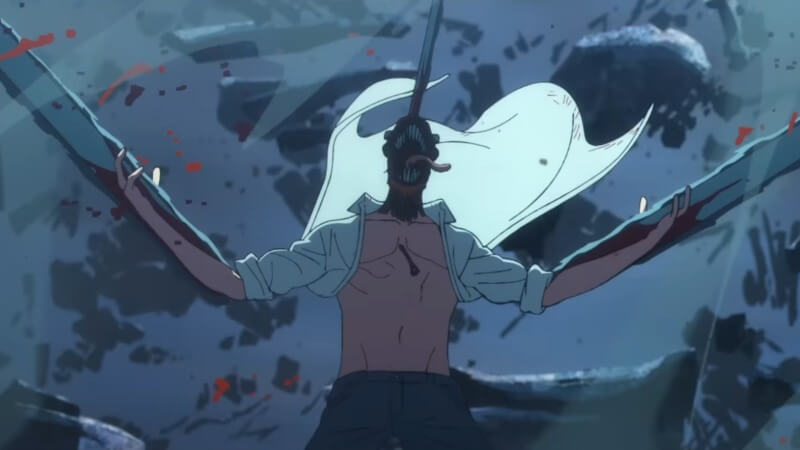Chainsaw Man – The Movie: Reze Arc Scores #1 At U.S. Box Office

There’se a new champ at the box office, and he’s got a chainsaw sticking out of his head. Chainsaw Man – The Movie: Reze Arc earned the most out of any film in the U.S. box office with a $17.25 million opening from 3,003 theaters. It topped the horror sequal Black Phone 2 and the Colleen Hoover adaptation Regretting You, which came in second and third, respectively.
This marks only the fourth anime film ever to come in first at the U.S. box office: Pokémon: The First Movie did it roughly 25 years ago, Dragon Ball Super: Super Hero did so in 2022, and Demon Slayer: Kimetsu no Yaiba Infinity Castle took number one for two consecutive weeks just this September.
Reze Arc previously opened in Japan on September 19, where it has made around $46.9 million so far. There, it replaced Infinity Castle to take the top spot. The film’s total worldwide gross is currently at $108 million.
-

-

-

-

-

-

-

-

-

-

-

-

-

-

-

-

-

-

-

-

-

-

-

-

-

-

-

-

-

-

-

-

-

-

-

-

-

-

-

-








































